Beyond Boussinesq for Astrophysical and Geophysical fluids: Numerical tools and experiments of the future
Chair Organisers: Isabelle Baraffe (Exeter; CRAL-ENS Lyon) & Adrien Morison (Exeter)
Co-organisers: Thierry Alboussiere (LGLTPE, Lyon), Stéphane Labrosse (LGLTPE, Lyon), Michael Le Bars (IRPHE, Aix-Marseille), Michel Rieutord (IRAP, Toulouse)
General information
- 16-19 October 2023 (Monday to Thursday)
- At École Normale Supérieure de Lyon, Monod campus, Condorcet room
- Registration is now closed (contact Isabelle Baraffe for information)
- List of attendees
- Program
- Abstracts
- Lunches take place at Brasserie des Sciences, 46 allée d'Italie (very close to the Condorcet room), lunch is included for all registered participants
- Welcome cocktail on Monday 16 takes place at Salle des colloques, site ENS Descartes (10 min walk from the Condorcet room)
- Conference dinner on Wednesday 18 at 19:30, Brasserie Georges
Travelling to Lyon
- By air: the closest airport is Lyon Saint-Exupéry (LYS).
- By train: Lyon can be reached by fast train (TGV) from Paris (2h) and Marseille (1.5h) and by local train from surrounding cities (including Geneva, 2h). Train stations are Lyon Part-Dieu and Lyon Perrache.
Getting to the campus
- From the airport: take the Rhonexpress train to Part-Dieu railway station.
- From Part-Dieu railway station:
- exit at "Porte du Rhône";
- take subway line B towards Oullins, exit at Stade de Gerland.
- From Perrache railway station:
- take tram T1 towards Debourg, exit at ENS Lyon.
Access to Salle Condorcet
Called "Salle Place de l'École" on Google maps. Entrance on "Allée d'Italie".
Hotels
We provide below a list of hotels which are convenient because they are close to the venue:
- Séjour & Affaires Gerland
- Séjour & Affaires Saxe Gambetta
- Hôtel Ibis Gerland Mérieux
- Novotel Gerland
We would however recommend to book a hotel in the so-called Presqu’ile of Lyon, between Perrache and Place des Terreaux:
Synopsis
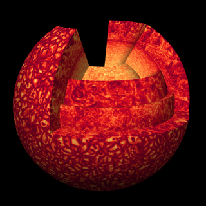

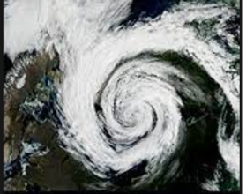
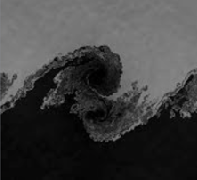
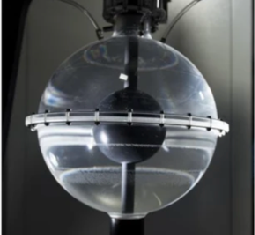
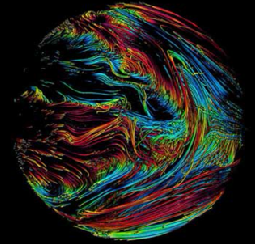
The goal of this workshop is to gather various experts in astrophysical and geophysical fluid dynamics working on similar physical/hydrodynamical processes but within different contexts (stars, planets, Earth mantle, ocean, atmosphere, climate, etc) and facing similar numerical and/or experimental challenges. The main driver is to understand
- the effects of compressibility for topical problems common to astrophysical and geophysical environments (convection, double-diffusive instabilities, waves);
- the effects of deformation due to rotation in convective systems.
The spirit of the workshop is exploratory. The idea is to discuss possible solutions for the development of numerical tools and experiments, which could apply to a wide range of contexts and environments, in order to go beyond current approaches.
Some of the questions we would like to address during this workshop are:
- What are the limits of Boussinesq/anelastic approaches or other commonly used simplifications. Which problems critically need to go beyond these approximations?
- Compressible codes: Can one use the same numerical tools for astrophysical and geophysical fluids? Do we need to develop new compressible numerical tools and which ones?
- Which numerical and lab experiments can be done to understand the effects of compressibility?
We will have three sessions devoted to
- convection;
- double-diffusive convection;
- gravity waves (and associated problems: transport of angular momentum, wave heating, chemical mixing, etc).
The questions above should be common to these sessions and should be the guideline for the speakers. Additionally, we would like to address the related topic of nonsphericity in rapidly rotating convective systems.
The sessions will address current numerical approaches and issues in stellar, planetary (solar system planets) and Earth contexts and relevant laboratory experiments, including high mach compressible flow experiments.